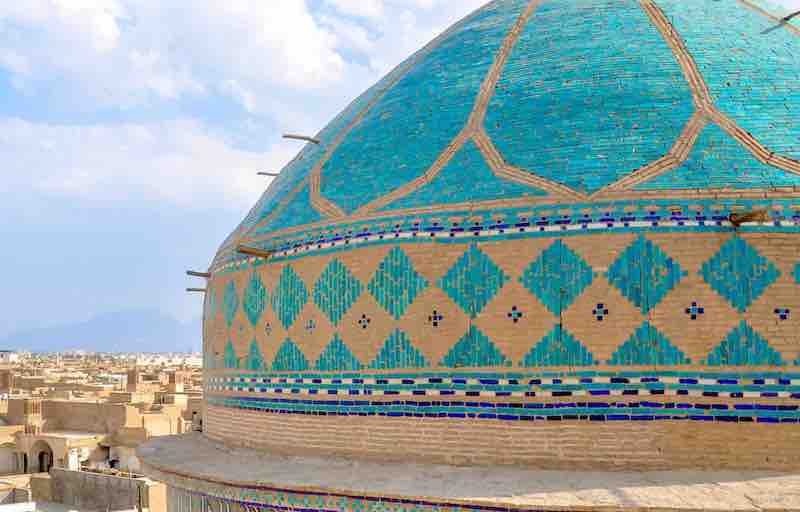For those just opening File 005, this isn’t a script from a Hollywood spy movie; it’s a segment from America’s heavily redacted history. The neon-bathed days of the 1980s weren’t only about glitzy MTV premieres and cassette tapes; they were home to some of the nation’s murkiest political maneuvers. The Iran-Contra Affair is a critical chapter, intricately hidden beneath layers of covert operations.
The Cold War era wasn’t characterized only by looming missiles and tension-laden hotlines; it was an epoch of silent proxy wars. America, with its global dominance, had stakes in every corner of the world. And Central America, particularly Nicaragua, was a hotbed. The Sandinista government, a left-leaning regime, had gained power, and the U.S. wasn’t particularly pleased. To counter the Sandinistas, Contra rebels emerged, a group the U.S. saw as potential allies. But there was a problem: funding them was against the Boland Amendment, a piece of legislation that barred the direct support of these rebels.
Simultaneously, halfway across the world, Iran and Iraq were embroiled in a vicious war. The U.S. saw an opportunity. By selling arms to Iran, they could secure the release of American hostages held by Hezbollah, an Iranian ally, in Lebanon. The proceeds from these arms sales, in a plot twist worthy of a spy novel, would then be channeled to support the Contras. Two birds, one stone, right? But every game has its risks.
When news of the operations surfaced, it wasn’t just a political scandal—it was a wildfire, ripping through the halls of power in Washington D.C. Senior U.S. officials faced the heat. This wasn’t merely about covert actions; it was about bypassing the very essence of the democratic process. The balance of power that the Founding Fathers envisaged was being toyed with.
It’s essential to clarify that covert operations aren’t inherently nefarious. They’re tools, necessary instruments in a nation’s arsenal, especially one as pivotal as the U.S. But when these tools sidestep the very principles on which a nation stands, eyebrows raise, and alarms sound. In this case, the bypassing of Congress and the potential abuse of power were the crux of the matter.
The investigation into the affair, led by independent counsel Lawrence Walsh, was exhaustive. Several key figures faced legal ramifications, but as is often the case in high-stakes political controversies, many sentences were later commuted or pardoned. The true cost of the affair wasn’t in jail time, but in the trust that eroded between the public and its leaders.
Every nation, even one as robust and mighty as America, has its share of shadows. In those shadows lie tales of intrigue, power plays, and sometimes, decisions that teeter on the edge of right and wrong. The Iran-Contra Affair is one such tale. It’s a stark reminder that in the world of international politics, things are rarely black and white.
Upon closing File 005, it’s worth noting the importance of transparency and oversight. For a republic to function, its citizens must be informed and its leaders accountable. We cherish our nation, and as we navigate these concealed chronicles, it’s with the hope that understanding our past will guide our future.
Part 5 of: Chronicles of the Concealed: America’s Secret Plots Unveiled
Disclaimer: The views and opinions expressed in this article are those of the authors and do not necessarily reflect the position of Heroes Media Group


